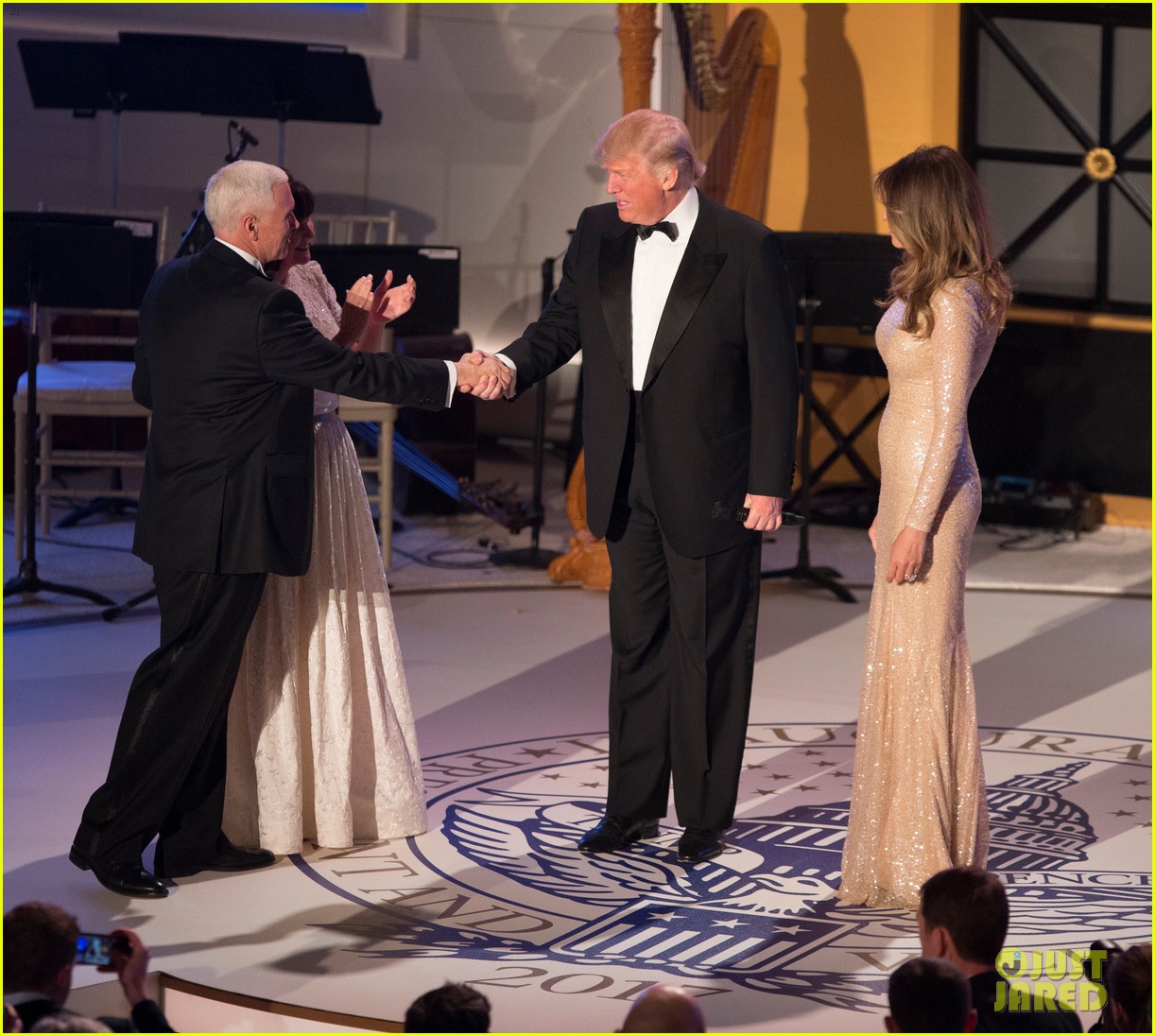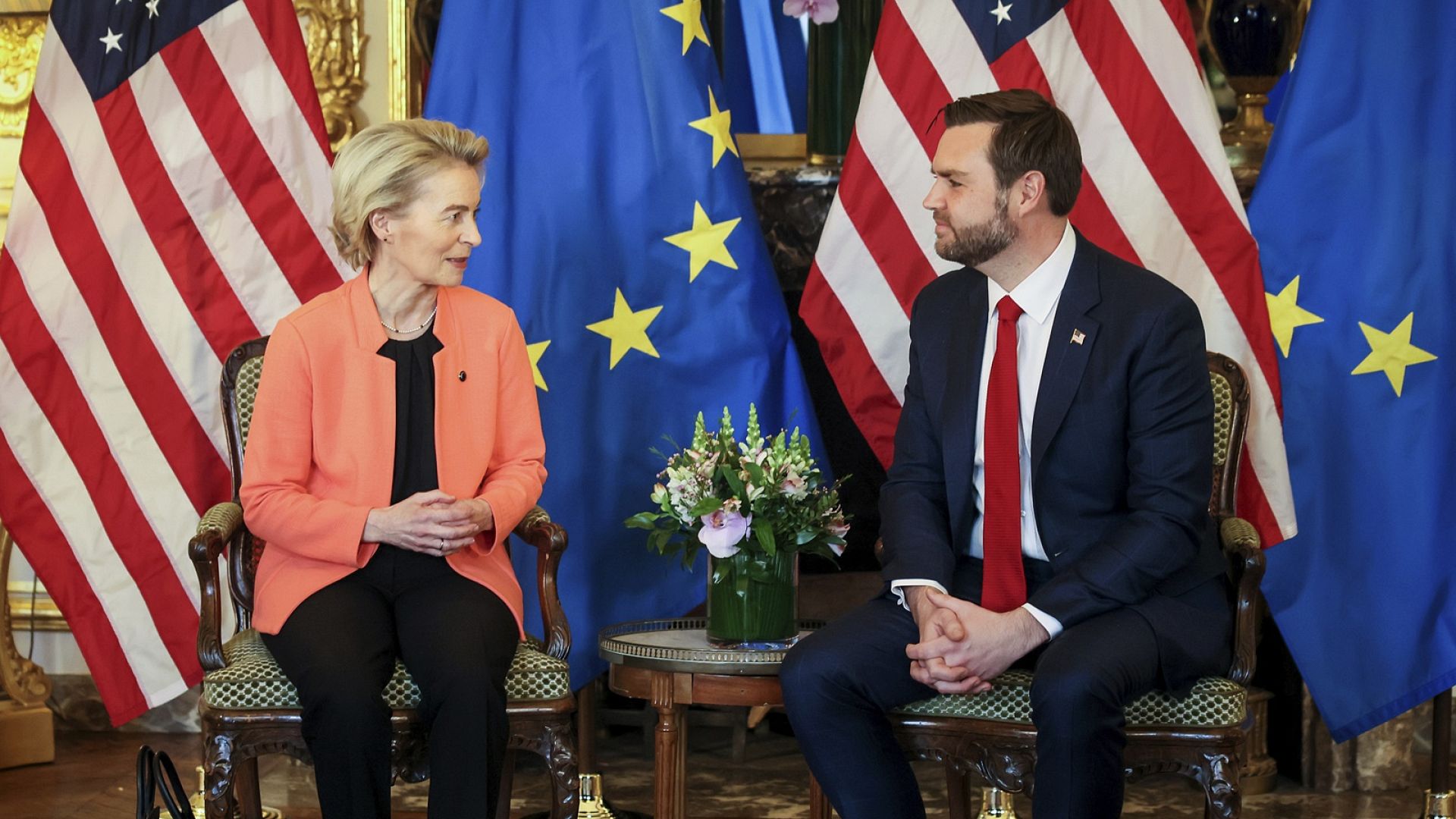Analysis: Trump's Pre-Election Statements On Canada's US Ties

Table of Contents
Trump's Characterization of the Canada-US Trade Relationship
Trump's rhetoric consistently framed the Canada-US trade relationship through a lens of American grievance. His pre-election statements frequently targeted the North American Free Trade Agreement (NAFTA), a cornerstone of trilateral trade between the US, Canada, and Mexico.
Criticisms of NAFTA (and its replacement, USMCA)
Trump repeatedly criticized NAFTA, claiming it was a "disaster" for the US economy. His criticisms centered on several key points:
- Unfair Trade Practices: He frequently alleged that Canada engaged in unfair trade practices, harming American businesses and workers. These claims often lacked specific evidence and were met with counterarguments from Canadian officials. [Source: Numerous Trump speeches and tweets from 2015-2016].
- Job Losses in the US: Trump consistently linked NAFTA to job losses in the US manufacturing sector, arguing that the agreement had led to the outsourcing of American jobs to Canada and Mexico. [Source: Trump's "America First" campaign speeches].
- Perceived Imbalance of the Agreement: He asserted that NAFTA was heavily biased in favor of Canada and Mexico, resulting in a trade deficit for the United States. [Source: Various campaign rallies and interviews].
The impact of these criticisms was significant, fueling anti-trade sentiment in parts of the US and contributing to a climate of uncertainty regarding the future of NAFTA. While some of his claims resonated with certain segments of the American population, many economists argued that his analysis was overly simplistic and did not fully account for the complexities of international trade.
Promises of Renegotiation and "Better Deals"
A central theme of Trump's pre-election rhetoric was the promise to renegotiate NAFTA to secure a "better deal" for the United States. This promise fueled speculation and anxiety in Canada, raising concerns about potential disruptions to established trade patterns and economic partnerships. The language used by Trump was often confrontational, employing terms like "terrible deal" and "rip-off," directly challenging the existing framework of Canada-US relations. This approach contrasted sharply with the generally collaborative tone that had previously characterized the relationship. The renegotiation ultimately resulted in the USMCA (United States-Mexico-Canada Agreement), which, while replacing NAFTA, still bore the mark of Trump’s confrontational approach to negotiations.
Trump's Statements on Security and Defense Cooperation
Beyond trade, Trump's pre-election statements touched upon aspects of security and defense cooperation, impacting the perception of the Canada-US relationship in these crucial areas.
Remarks on Burden-Sharing and Military Contributions
Trump frequently questioned Canada's contribution to NATO and North American defense, suggesting that Canada wasn't pulling its weight. [Source: Various interviews and press conferences]. These remarks raised concerns in Canada about the future of NORAD (North American Aerospace Defense Command) and other joint security initiatives. The justification for these claims was often debated, with Canadian officials pointing to Canada's consistent participation in international peacekeeping missions and its commitment to collective security. The long-standing trust built over decades was challenged by the perceived questioning of Canada's commitment.
Immigration and Border Security
Trump's rhetoric on immigration and border security significantly impacted Canada-US relations. His emphasis on stricter border controls and his negative portrayal of immigration from Canada, though less pronounced than his focus on Mexico, still created unease. The rhetoric surrounding illegal immigration, even in the context of the Canada-US border, created a climate of suspicion and concern about the ease of cross-border movement. The practical implications of stricter border controls, including potential delays in the flow of goods and people, were a considerable point of contention.
The Impact of Trump's Rhetoric on Public Opinion
Trump's pre-election statements had a measurable effect on public opinion in both Canada and the US.
Shifting Public Sentiment in Both Countries
Polling data from the period leading up to the 2016 election indicated a shift in public sentiment in both countries. In the US, support for closer ties with Canada decreased among some segments of the population, particularly those who identified with Trump's populist message. In Canada, there was a noticeable increase in anxiety about the future of the bilateral relationship. [Source: Polling data from reputable organizations like Pew Research Center and Ipsos]. This shift was reflected in news coverage, which frequently highlighted the increased tension between the two countries. The impact extended beyond just political opinions; cross-border trade, tourism, and cultural exchange were all affected to varying degrees by this shift in public mood.
Political Polarization and its Effect on Diplomatic Efforts
Trump's rhetoric contributed to political polarization on both sides of the border. The resulting heightened tensions made it more challenging for governments to engage in constructive diplomacy, creating an environment less conducive to finding common ground and resolving disputes. The impact of this polarization was felt well beyond the immediate political fallout of the election, as the lingering divisions caused by Trump's rhetoric complicated diplomatic efforts in the years that followed.
Conclusion: Understanding the Legacy of Trump's Pre-Election Statements on Canada-US Ties
Trump's pre-election statements significantly impacted the Canada-US relationship, leaving a legacy of strained trust and heightened uncertainty, particularly concerning trade and security cooperation. His criticisms of NAFTA, promises of renegotiation, and remarks about burden-sharing and border security altered the political landscape and public perception of the bilateral relationship. Understanding this historical context is crucial for navigating future interactions and fostering a more constructive and collaborative approach. To further your understanding of this complex issue, we recommend exploring resources from reputable academic journals, government archives, and news organizations covering US-Canada relations during this period. Continued research and informed discussion about Trump's pre-election statements on Canada's US ties are essential for ensuring the stability and strength of this vital partnership.

Featured Posts
-
 Mwajht Jnwb Alswdan Wmwrytanya Bakambw Wrhan Alkwnghw Aldymqratyt Fy Tsfyat Kas Alealm 2026
Apr 30, 2025
Mwajht Jnwb Alswdan Wmwrytanya Bakambw Wrhan Alkwnghw Aldymqratyt Fy Tsfyat Kas Alealm 2026
Apr 30, 2025 -
 Disney Layoffs Nearly 200 Abc News Staffers Affected
Apr 30, 2025
Disney Layoffs Nearly 200 Abc News Staffers Affected
Apr 30, 2025 -
 Ekklisi Galloy Ypoyrgoy Patriotismos Epixeiriseon Enantia Stoys Dasmoys Tramp
Apr 30, 2025
Ekklisi Galloy Ypoyrgoy Patriotismos Epixeiriseon Enantia Stoys Dasmoys Tramp
Apr 30, 2025 -
 Vorombe Rekordsmeny Vesa Sredi Ptits Istoriya Zhizni I Vymiraniya
Apr 30, 2025
Vorombe Rekordsmeny Vesa Sredi Ptits Istoriya Zhizni I Vymiraniya
Apr 30, 2025 -
 Trump Addresses Congress Review Of His First Weeks In Office
Apr 30, 2025
Trump Addresses Congress Review Of His First Weeks In Office
Apr 30, 2025
Latest Posts
-
 Situatsiya S Rakom U Materi Beyonse
Apr 30, 2025
Situatsiya S Rakom U Materi Beyonse
Apr 30, 2025 -
 Semya Beyonse Borba S Rakom
Apr 30, 2025
Semya Beyonse Borba S Rakom
Apr 30, 2025 -
 Zdorove Materi Beyonse Poslednie Dannye
Apr 30, 2025
Zdorove Materi Beyonse Poslednie Dannye
Apr 30, 2025 -
 Novoe O Bolezni Materi Beyonse
Apr 30, 2025
Novoe O Bolezni Materi Beyonse
Apr 30, 2025 -
 Beyonse Trevozhnye Novosti O Bolezni Materi
Apr 30, 2025
Beyonse Trevozhnye Novosti O Bolezni Materi
Apr 30, 2025
